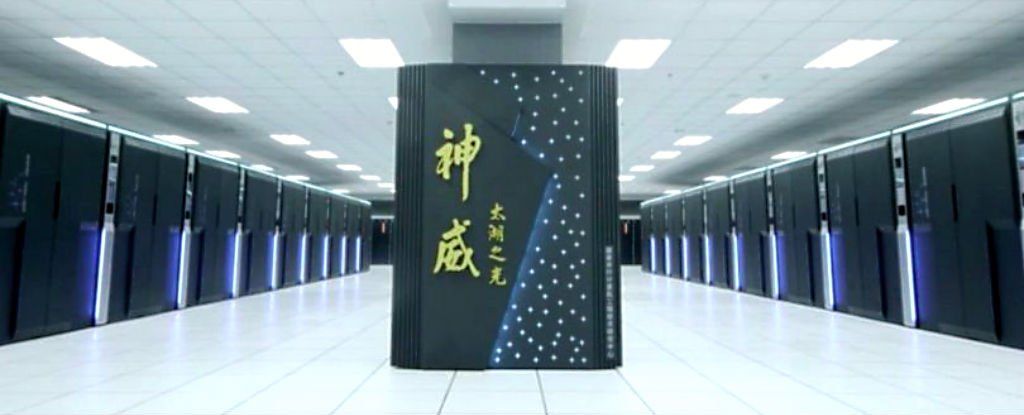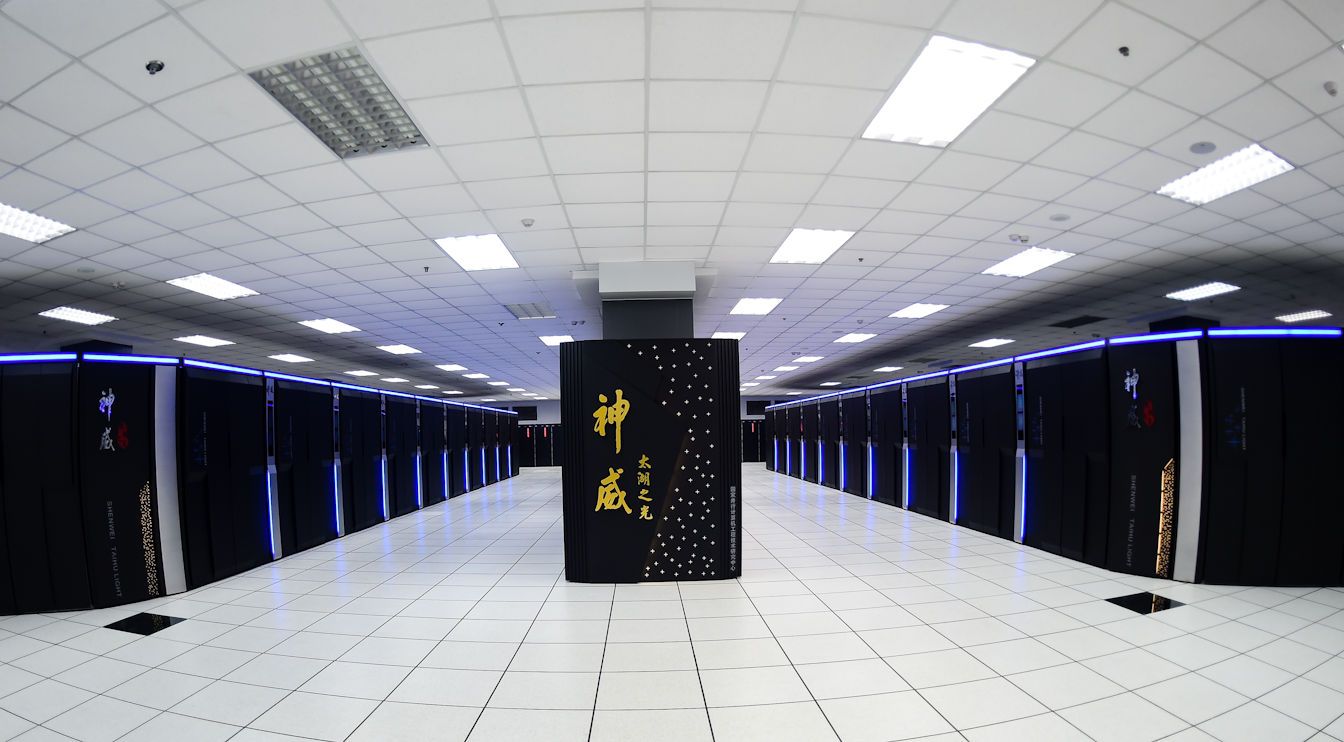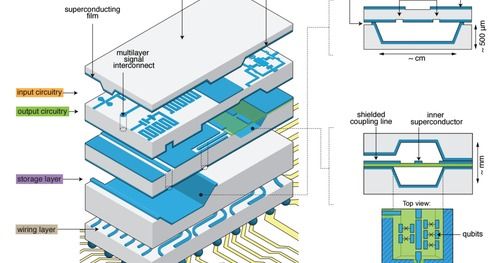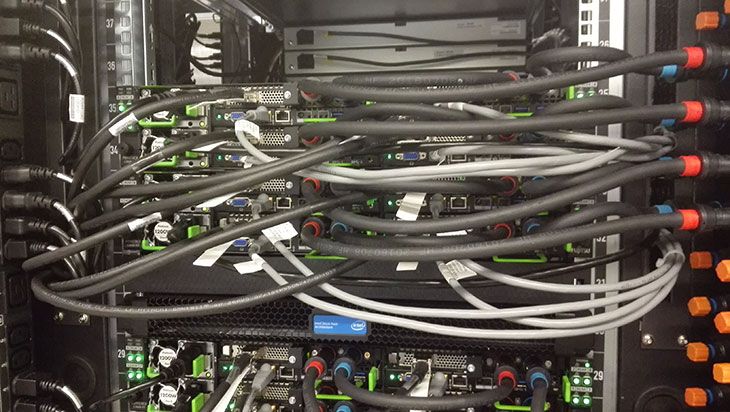Jan 21, 2017
China Says Its World-First ‘Exascale’ Supercomputer Is Almost Complete
Posted by Bryan Gatton in category: supercomputing
If you’ve never heard of an exascale computer before — known unofficially as a super-supercomputer — don’t worry, it doesn’t even exist yet.
But 2017 could be the year that all changes, because China just announced that its world-first exascale supercomputer prototype is due for completion in the coming months. If this thing works as it should, it will be the fastest computer in the world, capable of performing 1 quintillion (a billion billion) calculations per second.
The country’s National Supercomputer Centre announced this week that completion of their prototype is way ahead of schedule, and is expected to be completed in 2017, rather than 2018, as originally predicted.
Continue reading “China Says Its World-First ‘Exascale’ Supercomputer Is Almost Complete” »
















